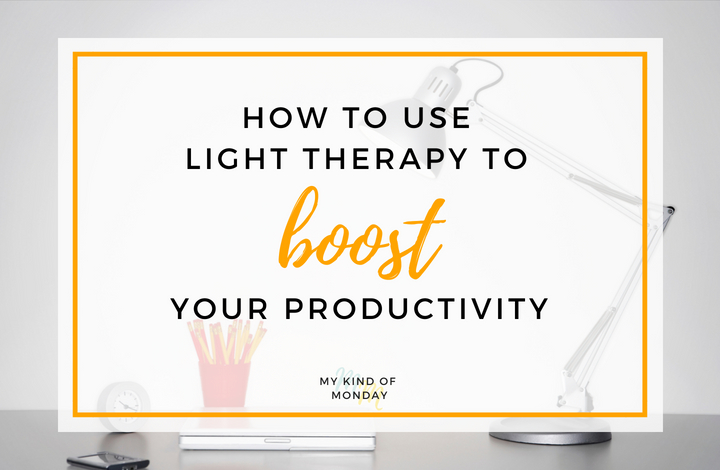
When thinking about productivity, there are many factors that need to be taken into consideration. Perhaps surprisingly, one of the most critical elements is lighting. Turns out, the way your workspace or office is lit can have a considerable impact on your productivity levels.
Science has been researching the effect that office lighting can have on a worker’s efficiency, and findings have shown that the amount of light can significantly alter the productivity and work rate of employees.
The Importance Of Light
Throughout all hours of the day, our bodies are regulated by our circadian rhythms, even while we’re sleeping. These rhythms are daily behavior and mood patterns helping us to function at the top of our game, using hormones to regulate our wake and sleep cycle.
Not only that, but our circadian rhythms are also responsible for a wide range of daily processes including metabolism, mental alertness, and appetite. These processes are all switched off or on according to our internal body clock.
Our body clock is in turn regulated by the SNC (suprachiasmatic nuclei), a group of cells in our brain, which need regular and robust light signals from our eyes, in order to differentiate night and day and therefore efficiently keep time. The SNC is responsible for releasing melatonin when your eyes see darkness, which prepares your body for sleep.
When we are exposed to weak light signals such as spending time in a dimly-lit environment or inconsistent light patterns, our circadian rhythm is disrupted as melatonin is continuously released throughout the day, making us feel consistently sluggish and tired.
Over an extended period of time, the consistent melatonin release can cause chemical and hormonal imbalances, which results in circadian misalignment. This misalignment is in turn, closely related to sleep disorders, mood disturbances, and lack of motivation and energy.
Disadvantages of Poor Office Lighting
Poorly or dimly lit offices not only disrupts your circadian rhythms and causes a misalignment, but it also has a broad range of potential drawbacks which can all end up affecting your productivity.
Eye Strain
Harsh or dim lights force you to strain your eyes to be able to properly work, see your computer, and read any documents. A study published by Cornell University reported that poor lightning amounts to employees losing 15 minutes of productivity per day.
Tiredness and Sluggishness
Attempting to focus on a specific task in very dim or harsh lighting is exhausting both mentally and physically, leading you to feel tired and sluggish. These feelings and the mental exhaustion makes it more difficult for you to remain motivated, alert, and focused.
Diminished Employee Satisfaction
Employees exposed to poor workplace lightning report a diminished sleep quality in comparison to workers with access to natural lightning. Research has also shown that employees who report fewer hours of sleep and a lesser quality of sleep also stated having more physical problems, less vitality, and a lower overall life quality.
Improving Productivity Through Light Therapy
The most advisable and best type of lightning is natural lightning, so if possible, set up your workspace in a way where you have sufficient natural light. There are many benefits of natural light exposure, including reduced drowsiness, stress, headaches, anxiety levels, and headaches.
Nonetheless, it’s not always possible to receive natural light when working, and in this case, a daylight desk lamp which can mimic the effects of natural light can help brighten up your workspace – and your day! The light in most working areas is around 500 lux, which is a lot less than we need. Daylight desk lamps help you achieve a brightness of about 2,000 – 1,000 lux, and you can program to give you more or less light during the day, preparing you for the day ahead or winding down.
Exposure to bright lights will boost your productivity, energy levels, and mental alertness, as well as restore vitality and decrease sleepiness. All of this leads to a more productive and positive workday, and a better nights sleep.
Leave a Reply